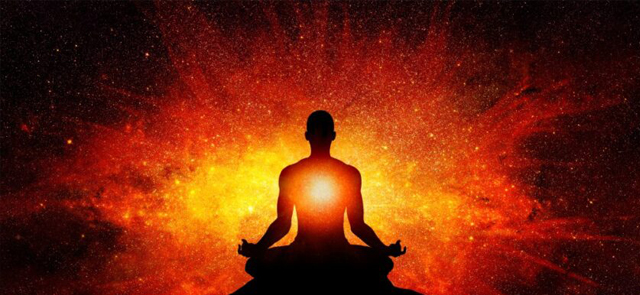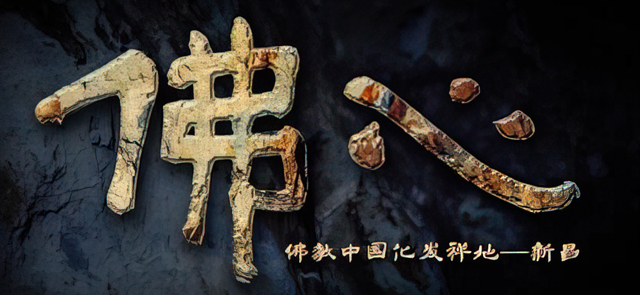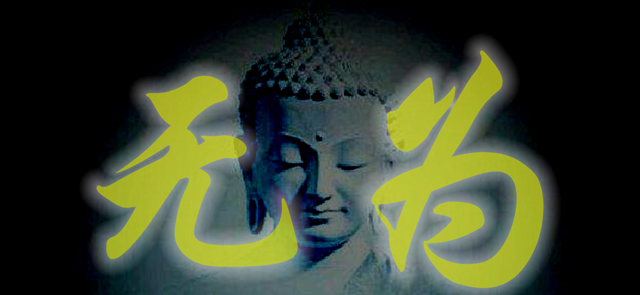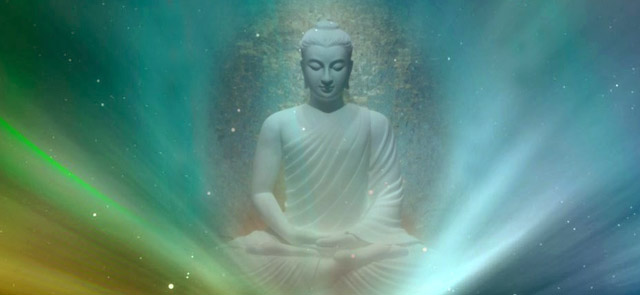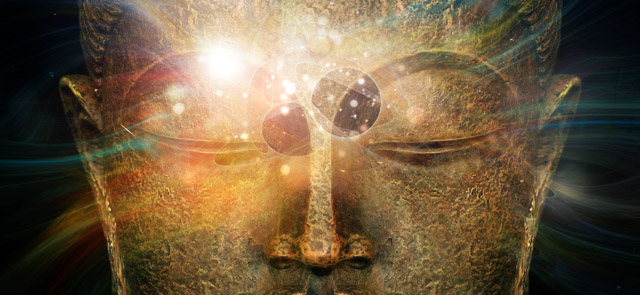In the profound teachings of Buddhism, the concept of the inner self holds a unique place. It is a reflection of the profound understanding and wisdom that arises from a balanced mind—one that sees and comprehends the truth of existence. In this article, we delve into the depths of Buddhist philosophy to explore the nature of the inner self and the pivotal role of a balanced mind in its realization.
The path to uncovering the inner self in Buddhism begins with the recognition that our ordinary perceptions of self are rooted in ignorance and attachment. The Buddha taught that our conventional sense of self is an illusion—a collection of transient thoughts, emotions, and physical sensations that arise and pass away. These fleeting aspects of our experience are subject to constant change, making them unsatisfactory and unreliable as a true source of identity.
Shi Yan Zhuo [Chin.: shìyánzhuó 釋延卓 | 1965 - ?]
Through this practice, we develop a deep sense of equanimity, clarity, and insight. Our mind becomes a mirror, reflecting the truth of reality with unwavering lucidity. We begin to see that there is no fixed, separate self to be found within the impermanent fabric of existence. Instead, we perceive the interdependence and interconnectedness of all things, dissolving the illusion of a separate self and paving the way for the emergence of the inner self.
The inner self, as understood in Buddhism, is not a personal or individual entity. It is not something to be possessed or clung to but rather a profound realization of our inherent Buddha-nature—the awakened potential present in all sentient beings. It is the embodiment of wisdom, compassion, and freedom from suffering.
When the mind is in balance and free from afflictive emotions, it becomes a vessel for the inner self to manifest. The inner self is characterized by qualities such as boundless compassion, unconditional love, deep understanding, and a sense of interconnectedness with all beings. It is a state of being that transcends the limitations of ego-centered thinking and embraces the vastness of existence.
Realizing the inner self is not an endpoint but an ongoing journey. It is a process of continual self-inquiry, self-transformation, and deepening wisdom. As we cultivate mindfulness and nurture the balanced mind, we gradually strip away the layers of delusion, revealing the radiant core of our being—the inner self.
In this state of awakening, we find liberation from the cycle of suffering and dissatisfaction. We become more attuned to the needs of others, fostering a genuine desire to alleviate their suffering. Our actions become guided by wisdom and compassion, leading to a life of purpose and meaningful engagement with the world.
The cultivation of the inner self and the development of a balanced mind are central to the Buddhist path. By embracing the impermanence of existence, transcending the illusory sense of self, and deepening our understanding of the interconnected nature of all things, we open the gateway to the profound realization of the inner self—a state of being that brings about true freedom, peace, and ultimate happiness.
